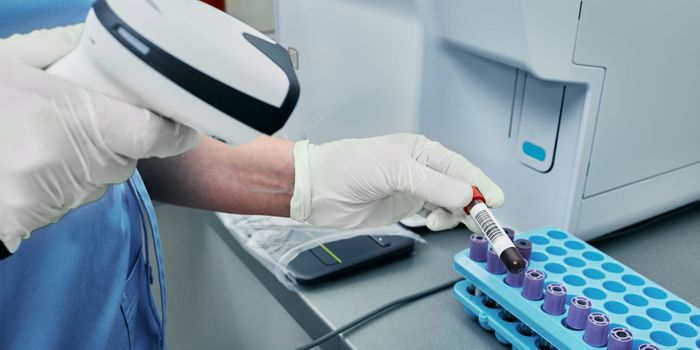FDA Trying to Eliminate Backlog of Orphan Drug Requests
There are many rare diseases in existence, some with only a handful of people that suffer with them, usually for their entire lives. It’s not a big priority for many drug companies to spend a lot of money on the research and development of new drugs for rare diseases, and it can become prohibitively expensive for companies that are concerned about the profits of shareholders to continue to manufacture drugs that not many people use. The U.S. Food and Drug Administration is attempting to address this issue that may not affect many people, but is life-changing for those that are impacted.
The FDA has announced the formulation of a plan to eliminate the backlog of existing orphan designation requests for drugs. The Orphan Drug Designation Program assigns orphan status when less than 200,000 patients are using drugs and therapeutics that are designed for the safe and effective prevention, treatment or diagnosis of a disease; one with that number of patients is considered rare.
The FDA has committed to both eliminate the backlog as well as ensuring that new requests for orphan drug designation receive a timely response, slated to be within 90 days.
"People who suffer with rare diseases are too often faced with no, or limited, treatment options, and what treatment options they have may be quite expensive due in part to significant costs of developing therapies for smaller populations," commented Dr. Scott Gottlieb, the Commissioner of the FDA. "Congress gave us tools to incentivize the development of novel therapies for rare diseases and we intend to use these resources to their fullest extent in order to ensure Americans get the safe and effective medicines they need, and that the process for developing these innovations is as modern and efficient as possible."
Currently, there are around 200 orphan drug designation requests that the FDA has yet to review, although it is noteworthy that the number has increased steadily over the past five years. From 2015 to 2016, the number of submitted requests more than doubled.
The agency has a new strategy, called the Medical Innovation Development Plan, which aims to modernize the regulatory tools that are utilized by the FDA. The plan strives to make FDA policies more efficient and risk-based. There are also plans to reorganize the staff in charge of so that expertise and efficiency of workload are maximized. This work will help establish a new FDA Orphan Products Council that will be able to tackle new scientific and regulatory issues.
The FDA will also be creating a Backlog SWAT team of senior reviewers that have a notable expertise in the designation of orphan drugs, one which will be solely working on the backlogged applications and will start with the oldest requests.
There has been legislation that has tried to ddress this issue; it incentivizes the development of orphan drugs by giving the developers a longer period during whcih they alone can manufacture and sell it. As such, it drives the cost of those drugs up because there is no competition in the market. A complex issue to be sure, check out the video below to learn one opinion about its efficacy.









